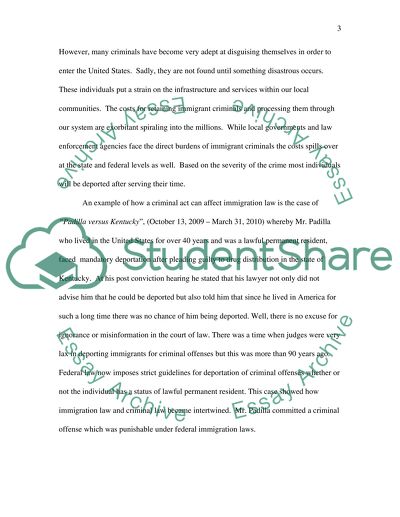Cite this document
(“Immigration Term Paper Example | Topics and Well Written Essays - 1750 words”, n.d.)
Retrieved from https://studentshare.org/environmental-studies/1413326-immigration
Retrieved from https://studentshare.org/environmental-studies/1413326-immigration
(Immigration Term Paper Example | Topics and Well Written Essays - 1750 Words)
https://studentshare.org/environmental-studies/1413326-immigration.
https://studentshare.org/environmental-studies/1413326-immigration.
“Immigration Term Paper Example | Topics and Well Written Essays - 1750 Words”, n.d. https://studentshare.org/environmental-studies/1413326-immigration.


